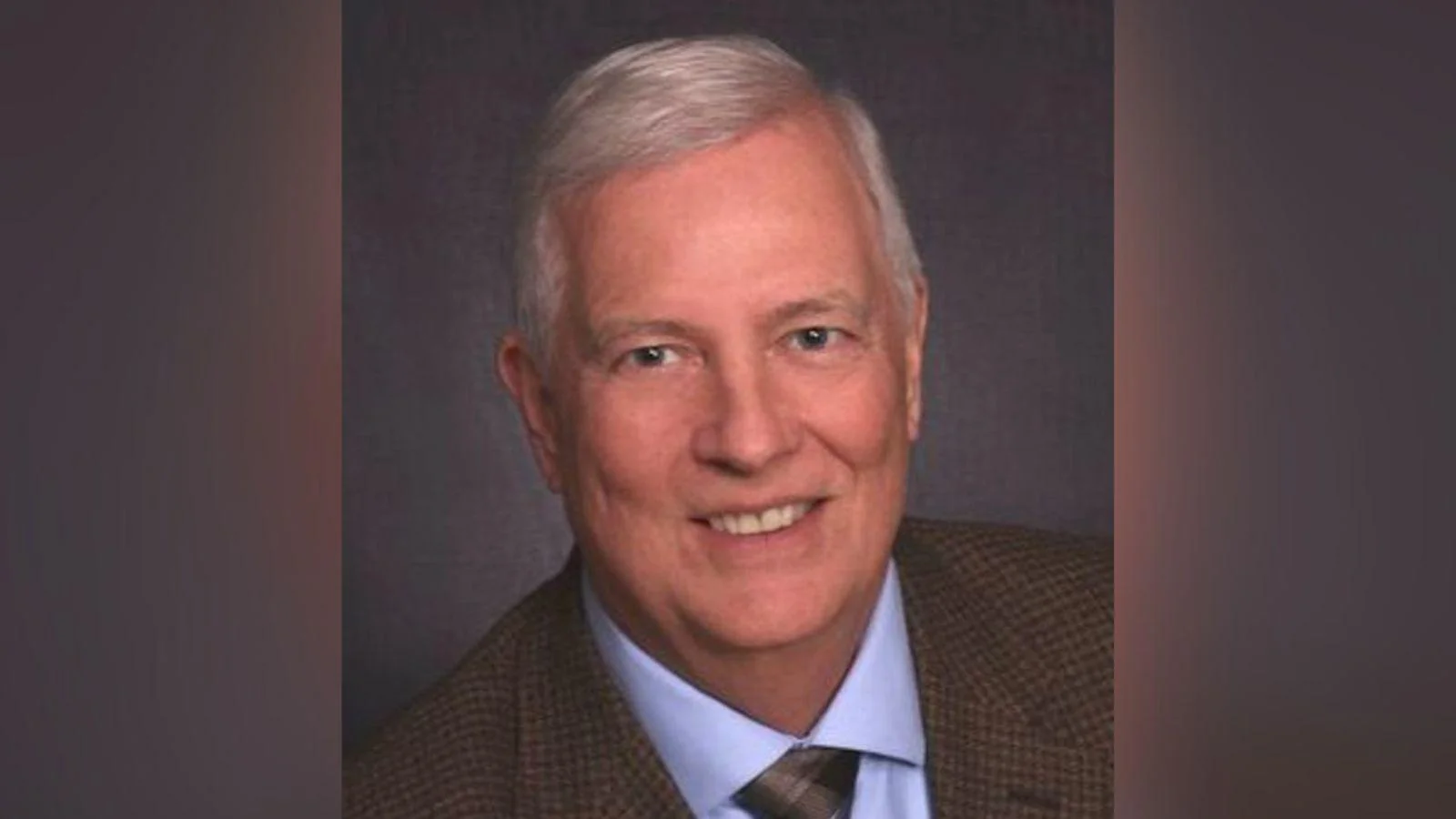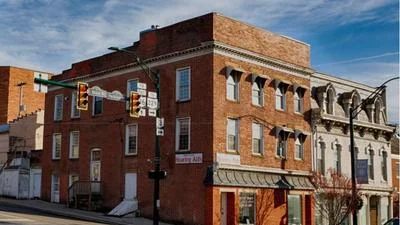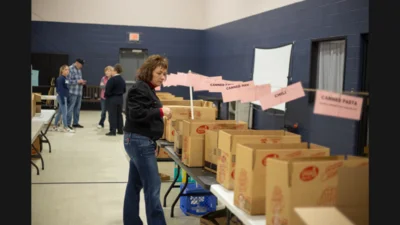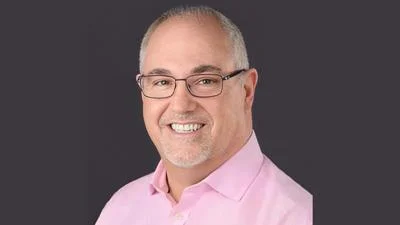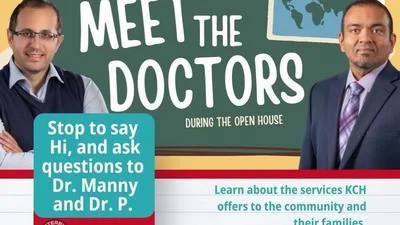The Knox County Department of Job and Family Services recently provided the Board of Commissioners with an update on its non-emergent transportation (NET) program. This initiative assists eligible county residents in accessing non-emergency medical appointments.
"I think the fact that we added 289 NET users in 2024 speaks to how we're growing the program. So the program is getting larger, and I feel like the promotion that we're doing is seeing results. And we're not going to slow down on our promotions," said Brandy Booth, Workforce Development Administrator for the Knox County Department of Job and Family Services, during their February 20 meeting.
According to a YouTube recording of the Board of Commissioners' meeting, Booth explained that funding for the program is sourced from the Ohio Department of Medicaid, which receives federal government funding. She emphasized that Knox County must choose transportation options that are cost-effective, suitable for individual needs, and provide timely access. Public transit and reimbursement through gas vouchers are available for qualified participants in the program. Of the 12,076 people enrolled in Medicaid in Knox County, 907 participate in the NET program. Booth said this indicates most residents are self-sufficient.
Booth further detailed that among NET users in 2024, 273 were public transit riders, 369 received gas voucher reimbursements, and 265 were approved to use either service.
She also reported that $188,000 was spent on public transit for NET operations, averaging $70 per transport. An additional $49,000 was allocated for gas voucher reimbursement at just under $11 per transport. Booth mentioned a pending contract with a private transportation provider aimed at supporting a local business.
In her remarks captured in the meeting video, Booth noted challenges with timely access for NET participants using public transit due to a pickup window of 30 minutes and multiple stops en route to appointments. These issues can be particularly burdensome for individuals with chronic conditions such as kidney dialysis or cancer treatments. Many participants prefer gas voucher reimbursement because they have access to personal vehicles or assistance from family members or neighbors. The gas voucher accompanies the NET participant but can be used by someone else driving them to healthcare appointments.

